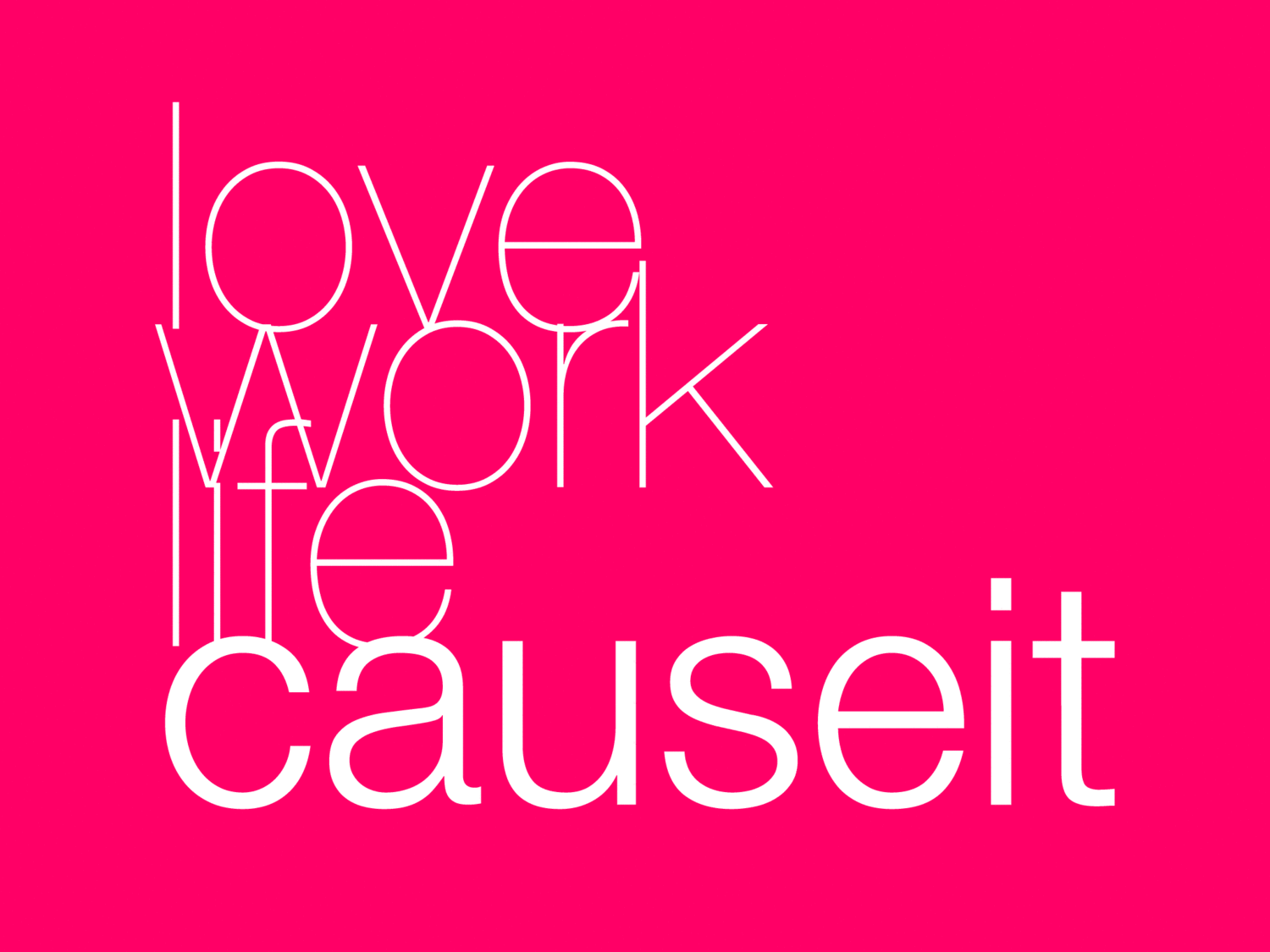A little over a month ago, I headed over to the Historic Mississippi Business Association's After Hours event to meet the business owners and facilitate a sharing event. Dubbed "Speed Networking", business owners would have chance to get to know each other better, and then another, and then another, and then another. . .
Personally, I dislike the idea of speed networking, and not because there's a problem in the interaction itself. We have useful interactions all the time in the bus, elevator, across retail counters that are simple, fast, and cursory. Whether asking for directions, gathering more information in order to make a buying decision, or just asking for clarification, these types of interactions have a useful purpose, but one which is not the goal of 'networking'.
I have a problem with how some people relate to 'speed networking'. This is not a sales opportunity. This is not a time to talk about yourself (surprise!). No, you did not learn everything about this person in the 5 minutes you had to speak. If your goal is to 'know' these people after the short interaction you had with each of them, then you're probably falling short. Like any twitter post, speed networking is really just a means to an end. Exchange contact information, find some points of common ground, and… well, by then your time is almost up.
So why did I accept the request to facilitate a speed networking event? So I could change it, of course! Now, don't get me wrong, it's not my style to deliver something other than the agreed-upon outcome, we still came out knowing each other better, and having met new friends. It's the methodology that I changed.
As a group, we all gave our undivided attention to each person as they recounted not only how they got into their business, but how what they were doing aligned with their passions. Community sharing, after all, is a tradition that dates back far beyond most forms of communication technology we use today, and it's lasted this long for a reason. Ask any person present that evening if they remember each other, and I'll bet you'll hear a lot more details than you can recount of your last 'speed networking' event!


